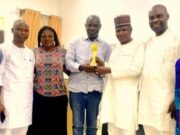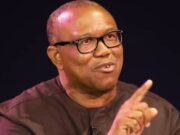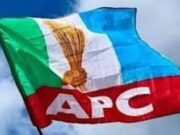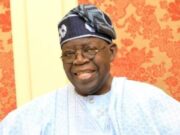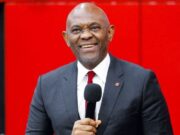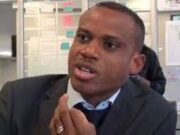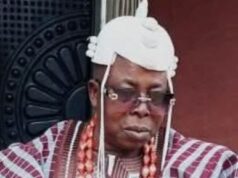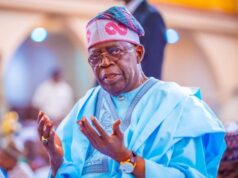Former President Olusegun Obasanjo has criticised Nigeria, Egypt, Ethiopia, the Democratic Republic of Congo, and South Africa for failing to provide the leadership necessary to catalyse broad-based development across the continent.
To this end, he called for a radical shift in Africa’s political and economic approach, adding that the continent’s most populous and resource-rich nations have failed the continent.
Speaking during a special session at the 32nd Annual Meeting of Afreximbank in Abuja, Obasanjo said these countries, often described as Africa’s “lions,” are underperforming economically and politically, leaving the continent in a cycle of stagnation.
He expressed concern that while Egypt has made tangible progress, the others have either regressed, or remained stagnant over the past 30 years.
“These countries are supposed to be the engines of growth for Africa, but they are either crawling or in reverse,” Obasanjo said.
“They are not moving with the speed or clarity of purpose required to uplift smaller or less endowed countries.”
Obasanjo singled out Nigeria as a country with vast potential, yet hindered by deep-rooted problems. According to him, systemic corruption, ignorance, and an unhealthy dependence on external aid have constrained Nigeria’s ability to lead economically or politically on the continent.
“We all rush to China to borrow $20 billion, yet one African country alone has the capacity to generate that kind of money domestically,” he said. “But we won’t because we’re addicted to foreign help. That is not how we will move forward.”
He maintained that African countries must begin to harness their internal wealth and capacity rather than relying on external support. The former president criticised African leaders for what he described as a poor understanding of how the global economy functions.
“How much of the world do our leaders even understand? If we understand it, we will get things right not just nationally, but at the community, subregional, and continental levels,” he said.
Beyond the economic issues, Obasanjo raised questions about Africa’s political structures. He argued that the Western model of liberal democracy inherited from colonial powers has failed to produce the governance outcomes the continent needs.
According to him, democracy in many African states has degenerated into “monetocracy”—a system where access to leadership is determined by money, not merit or vision.
“We must interrogate this borrowed system and reimagine a governance structure that works for us—one rooted in our realities, values, and aspirations,” he said.
He criticised the “winner-takes-all” approach that characterises many African political systems, noting that it undermines inclusion and stifles accountability.
Obasanjo also called for stronger collaboration among African countries, stating that unity is essential for tackling cross-border challenges and building resilience. He encouraged the use of local currencies in intra-African trade as a means to reduce reliance on the U.S. dollar and strengthen the continent’s financial independence.
“We cannot continue to depend on the dollar to trade among ourselves. Using local currencies will enhance regional economic resilience and promote our financial sovereignty,” he stated.
Touching on the issue of food security, Obasanjo called for a continent-wide agricultural revolution, citing Ethiopia’s transformation into a wheat-exporting nation as an example of what is possible with the right policy focus and leadership.
“If Ethiopia can transform itself into a wheat-exporting country, so can others,” he said. “That’s the kind of story we need to replicate continent-wide.”
He projected that Africa could save as much as $40 billion annually if it achieved food self-sufficiency. According to him, prioritising investment in agriculture would not only reduce import dependence but also create millions of jobs and enhance food security.
Obasanjo concluded with a strong message to Africa’s political class stressing that reform is urgent and non-negotiable.
“We need bold action, internal reflection, and the political courage to change the systems that are failing us,” he said. “Until the lions begin to move, the rest of the continent will remain stuck in place.”
Credit: thenationonlineng.net


















